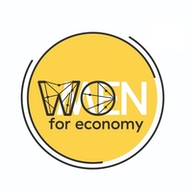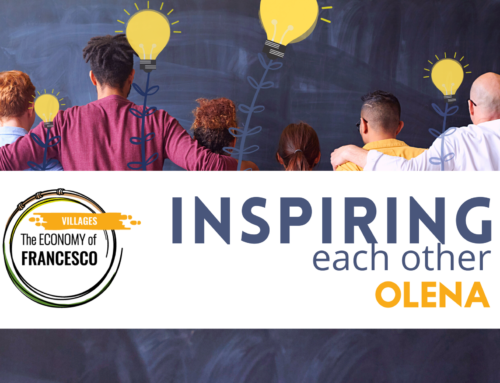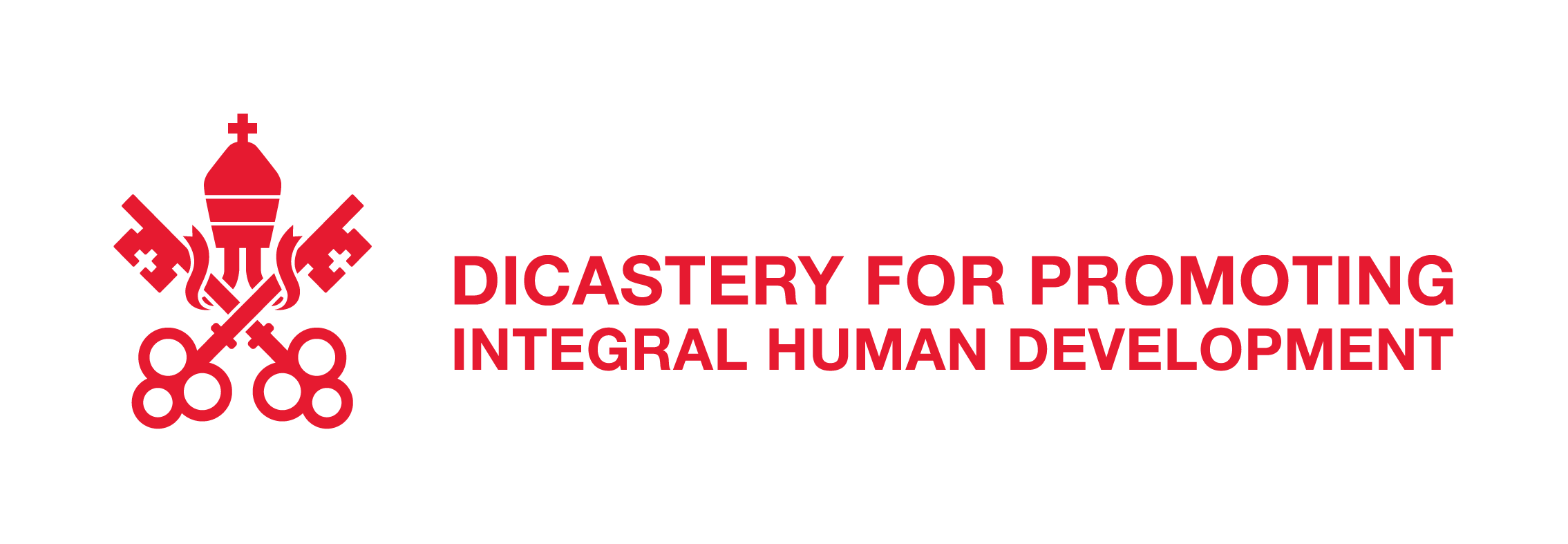“What if the Economy was a Woman…?”
By Federica Nalli – Coordination Team Women for Economy village

What if God was one of us? Asked Joan Osborne in 1995, posing a series of questions to her listeners, concerning the implications of believing in God. Twenty-five years later, a group of young women and men coming from all around the world has asked a similar question, concerning the implications of their believing in the possibility of a different economic system and their specific role as women. Within the Economy of Francesco event, the village Women for Economy was created to discuss the problems related to women’s role within a transition towards a new paradigm, for an equitable, sustainable and person-centered economy. When the global pandemic has forced the organizers to postpone the event, we asked the village participants to start a journey towards November to know each other, to share views and experiences, deepen their understanding of the dynamics that hinder women participation and flourishing. Our aim is to build up a community, able to ideate and implement new projects to change the current economic system. The participants were divided into seven groups, depending on their interests and languages. Three main topics were covered: 1. Social Inclusion and Inequalities, 2. Violence and Vulnerability, 3. Work, Participation, Remuneration and Entrepreneurship. We have just arrived at the end of the first step of the journey, which has consisted of four meetings to break the ice and build a common ideal vision of the economy of tomorrow. We asked ourselves: “What if the Economy was a Woman…?” to let us identify the main objectives to be tackled.
A common vision eventually emerged. Different groups located in different areas of the world have shown many similar views, but also interesting differences that come to complement each other.
If the economy was a woman, she would definitely have a systemic view. If the economic system of tomorrow has to be sustainable, we shall clearly see the interconnections between social life and nature. Sustainability is an important dimension at a personal level as well; that’s why, many components of people’s well-being, other than profits and costs, need to be taken into account. If the economy was a woman, she would take people’s needs as a starting point: those of workers and of their families, but also those of people who fail to be included into the working force and thus are excluded from social life. Alleviation and prevention of many forms of vulnerabilities would not be seen as a marginal dimension, but it would be a major concern for policy-makers and economic agents. Unpaid work would be recognized as a central economic asset – after all, care and housework are what makes it possible to carry out extra-household work.
How can we achieve those objectives in practice? Reduction of inequalities is a key-point: we should aim at reducing the gender gap in everything. We should not only guarantee equal pay, but also equal access to health, education, legal protection, and so on. We need policies to ensure satisfaction of basic needs, also addressed to migrant people. Redistributive fiscal policies are needed so that those who are privileged share their resources with those who are in need. We also need to identify the barriers to women’s empowerment and participation to the workforce. Inclusive enterprises and organizations shall be able to see and recognize everyone’s dignity, ability and beauty, within existing diversities. They should adopt participative models of organization and leadership, promote teamwork rather than competition. Sharing of resources and time, and pooling of needs at a local level is a key element. To be effective and sustainable, change has to involve entire communities through participative design of policies, cooperative enterprises, community business.
This is what the Women for Economy of Francesco are dreaming of. Many of us are already pursuing that vision within their firms and organizations. In the next few months, we are going to look for a greater synergy to put that dream in practice.












